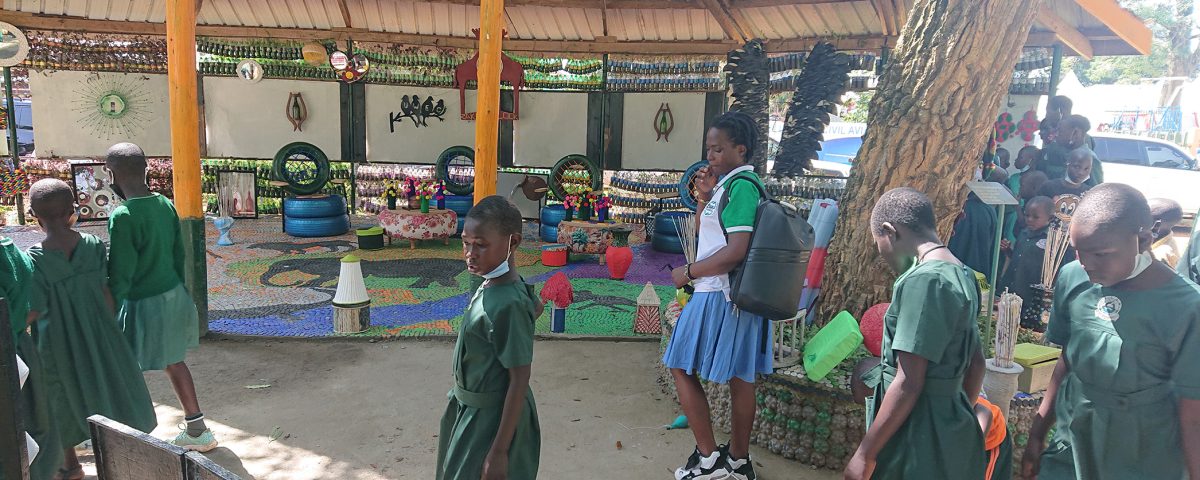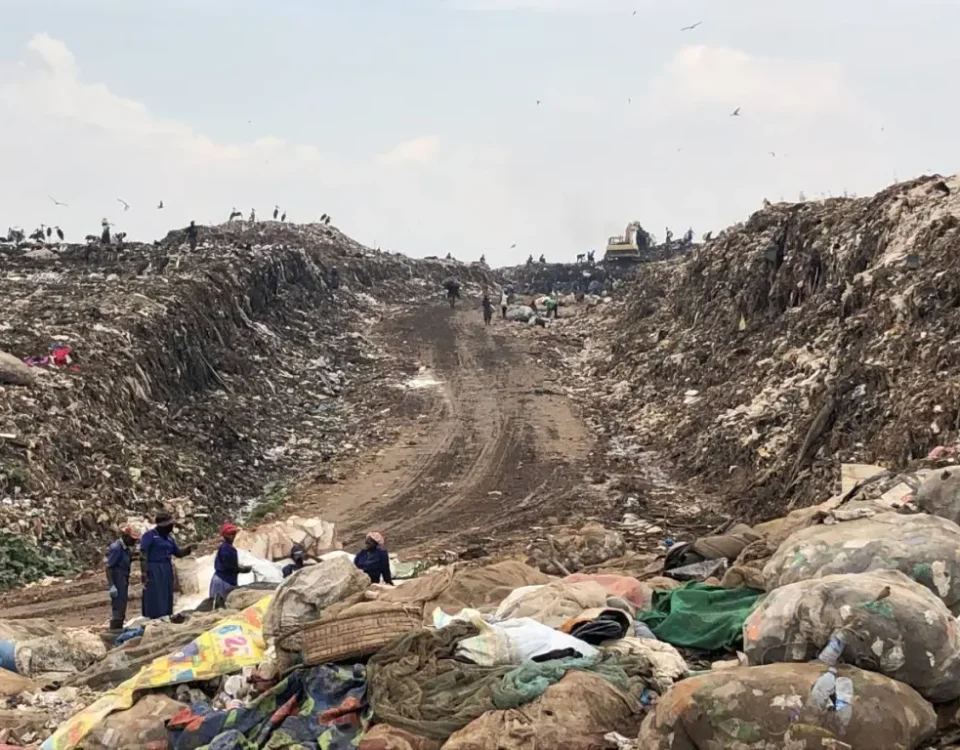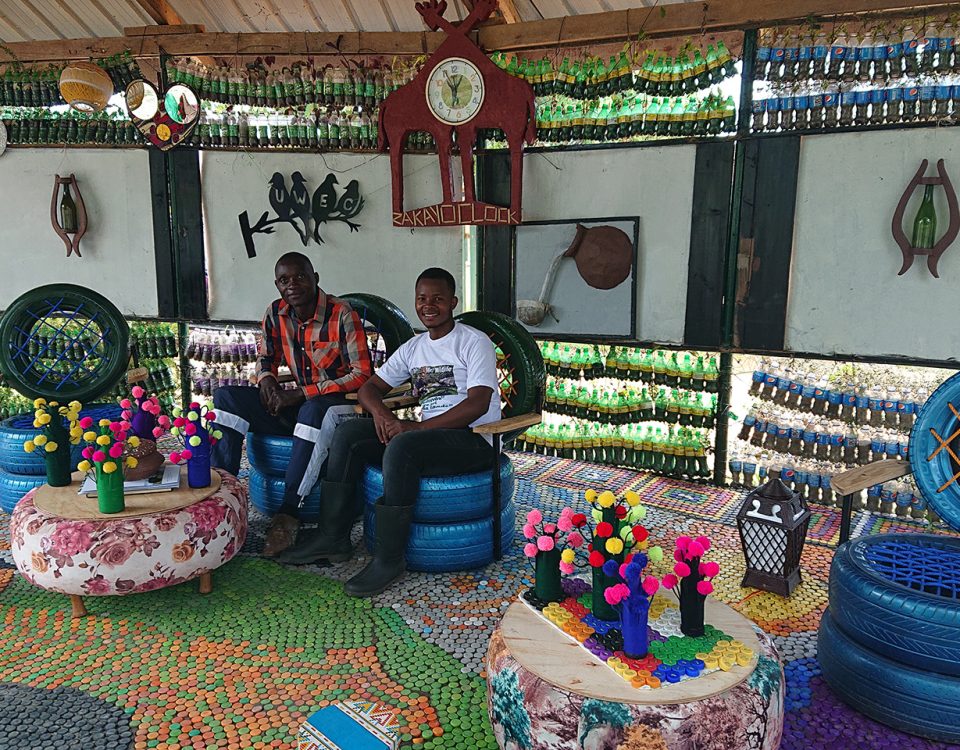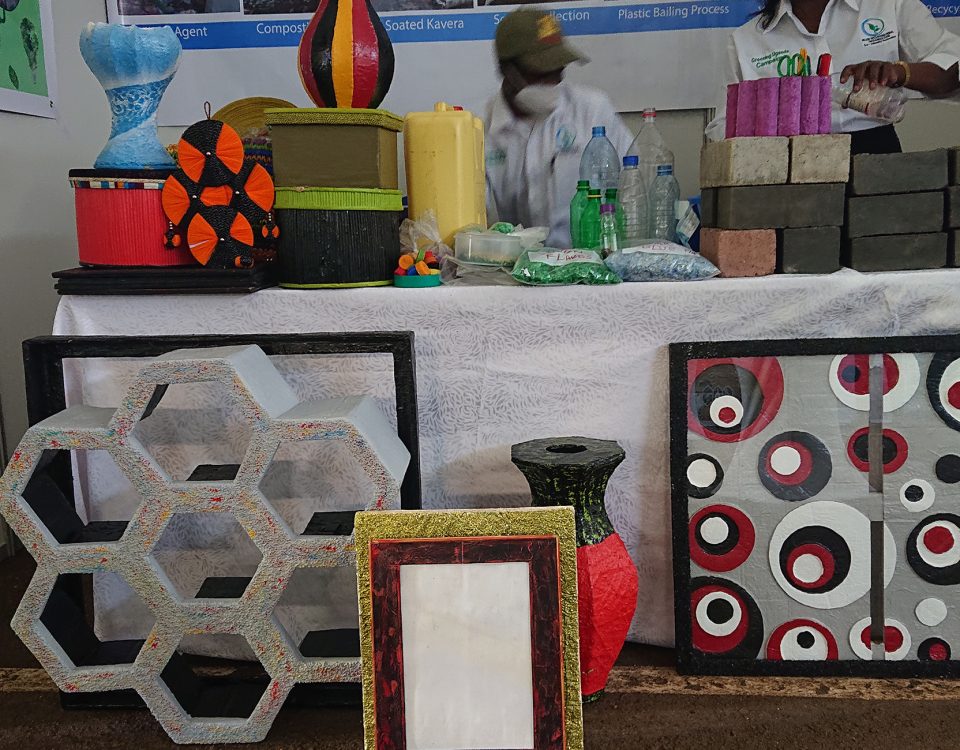Educating for Sustainability: The Role of Waste Management in Schools
Educating for Sustainability: The Role of Waste Management in Schools

In today's rapidly changing world, education plays a pivotal role in shaping future generations and fostering a culture of sustainability. One of the critical areas where education can make a profound impact is in waste management. By integrating waste management principles into school curricula, we not only educate students about environmental stewardship but also empower them to become leaders in sustainable practices.
Why Teach Waste Management in Schools?
Creating Environmental Awareness
Schools are ideal platforms for instilling environmental awareness from an early age. Teaching students about waste management helps them understand the environmental consequences of waste and the importance of reducing, reusing, and recycling materials. By raising awareness, schools contribute to building a generation of environmentally-conscious citizens who are committed to protecting our planet.
Hands-On Learning Opportunities
Integrating waste management into school curricula provides students with hands-on learning opportunities. From organizing recycling programs to conducting waste audits and composting organic materials, students gain practical skills that they can apply in their daily lives. These experiences not only reinforce classroom learning but also empower students to take action in their communities.
The Role of ZWAP Foundation in Education
Empowering Students and Educators
Organizations like the Zero Waste Amazing Projects (ZWAP) Foundation are at the forefront of promoting sustainable waste management education. Through partnerships with schools and educational institutions, ZWAP Foundation develops curriculum resources, provides training for educators, and facilitates workshops that engage students in environmental conservation practices.
Case Studies and Success Stories
Across the globe, schools implementing waste management programs supported by ZWAP Foundation have seen significant impacts. Students report increased awareness ojavascript:void(0);f waste reduction strategies, improved recycling rates within schools, and a deeper understanding of environmental sustainability. These success stories demonstrate the transformative power of education in fostering sustainable behaviors from a young age.
Building Sustainable Communities
Engaging Families and Communities
Waste management education extends beyond the classroom walls. Schools play a crucial role in engaging families and communities in sustainable practices. By involving parents, local businesses, and community organizations in school-based initiatives, schools amplify their impact and create a culture of environmental responsibility that extends beyond the school gates.
Take Action: How You Can Get Involved
Supporting Sustainable Education
Whether you are a parent, educator, or community member, there are many ways to support waste management education in schools:
- Advocate for the inclusion of waste management curriculum in schools and encourage hands-on learning activities.
- Volunteer your time to help schools establish recycling programs or organize educational workshops.
- Partner with organizations like ZWAP Foundation to sponsor educational resources or facilitate guest lectures on waste management.
Join the Movement Towards Sustainability
Education is key to building a sustainable future. By teaching waste management in schools, we empower students to become agents of change who are equipped with the knowledge and skills to address environmental challenges. Together, let's inspire the next generation to embrace sustainability and create a world where waste is minimized, resources are preserved, and communities thrive in harmony with nature.



